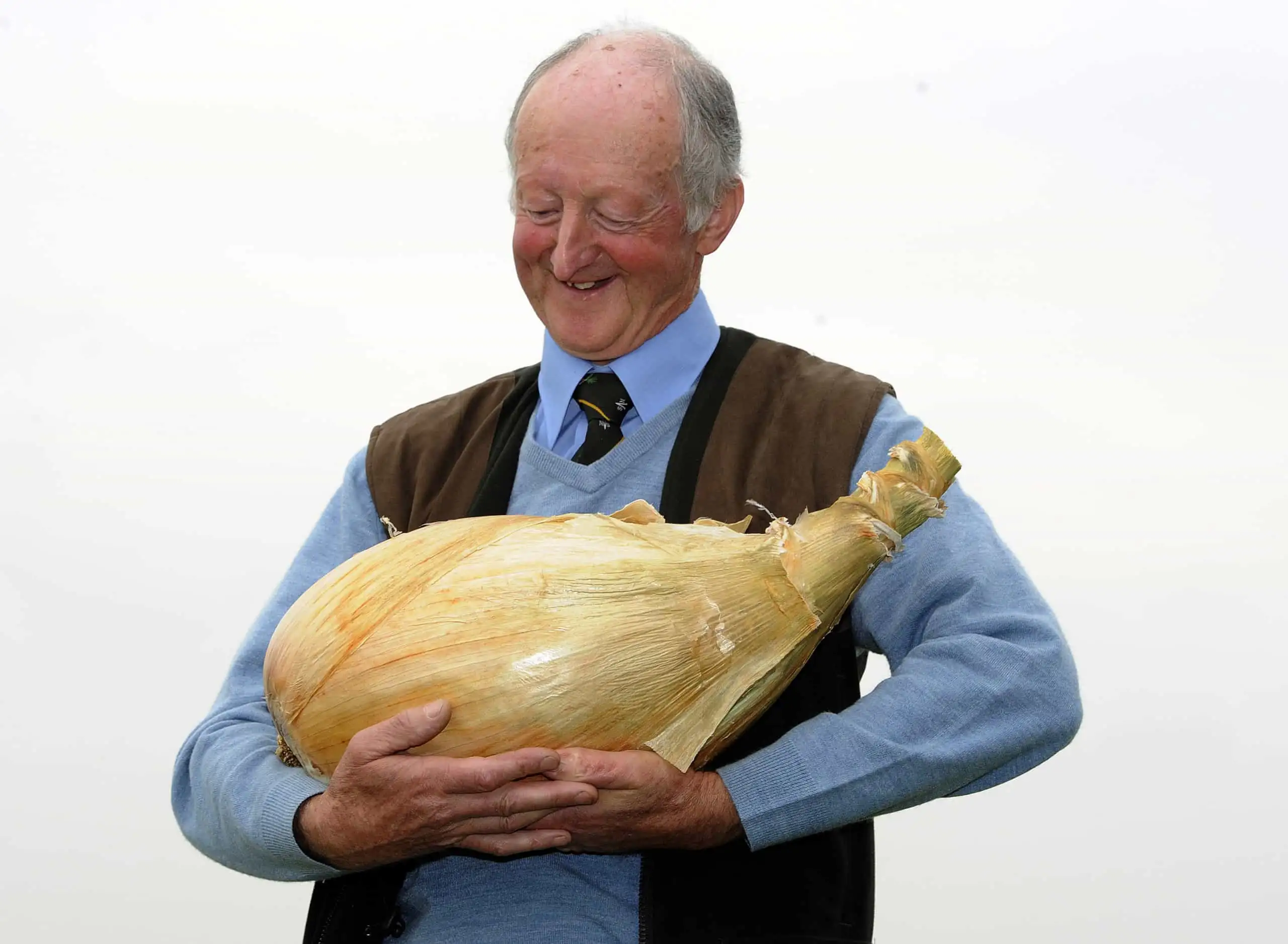Ah, the grandiose and decadent days of Ancient Rome, a time when the pompously self-appointed rulers of the known world would stoop to any level just to amuse themselves. In a spectacle fit for the masses, these Rome Lords would stage “piscine showdowns” at the awe-inspiring Colosseum, where “mock sea battles” were performed in the very pond that gave the venue its name, the Flavian Amphitheatre—truly, a sight for sore eyes. With the gall to refer to these meager events as “battles,” one can only shake one’s head in disbelief at the indulgence of our ancestors.
- Table of Contents
- 1. The Unbelievable Spectacles of Ancient Rome’s Piscine Showdown: Colosseum Flooded for Mock Sea Battles
- 2. The Mysterious Origins of Water in Ancient Rome’s Bloody Entertainment: Was Water on the Menu?
- 3. The Extraordinary Skills and Techniques Used by Rome’s Naval Combatants in the Colosseum
- The Way Forward
Table of Contents
- 1. The Unbelievable Spectacles of Ancient Rome’s Piscine Showdown: Colosseum Flooded for Mock Sea Battles
- 2. The Mysterious Origins of Water in Ancient Rome’s Bloody Entertainment: Was Water on the Menu?
- 3. The Extraordinary Skills and Techniques Used by Rome’s Naval Combatants in the Colosseum
- The Way Forward

1. The Unbelievable Spectacles of Ancient Rome’s Piscine Showdown: Colosseum Flooded for Mock Sea Battles
You’ve heard the rumors, and now you’re demanding answers: what exactly went down at the gargantuan Colosseum during those notorious Ancient Roman “Piscine Showdowns”? Let’s dive (pun intended) into the captivating, utterly ridiculous spectacle that was a coliseum flooded for mock sea battles. Imagine the scene:
- Warships: These ancient behemoths – some resembling massive fish, others like birds with oars for wings – (sic) were each equipped with an army of “sailors” (slaves, really) tasked with maneuvering these clumsy vessels across the “waves” of the coliseum, often colliding with one another for added chaos.
- All for the amusement: The Romans – always looking for new ways to entertain themselves – had the bright idea (read: delusion) of filling the Colosseum with water to host these absurd mock sea battles. While the concept was meant to awe the masses with its sheer audacity, the end result was more akin to a soggy farce with no real combat value whatsoever. After all, who can truly win a naval engagement on land?
Oh, and by the way, those “soldiers” (about as fierce as they look) on board the ships were actually there more for show than anything else. Don’t be shocked when you learn that their primary purpose was to provide a bloodless sacrifice for the vengeful gods (a la those Christians they used to throw to the lions). Trust us, the staged “battles” they participated in were more of a maritime circus, complete with gladiators playing at being sea serpents and sinking mock “enemy fleets” filled with condemned prisoners. Talk about a miserable fate: to be drowned while pretending to be taking down another’s vessel. Just to make it all the more ridiculous, the Romans even dusted some of the ship debris with glitter to simulate the sinking of mighty treasure ships – as if anyone could find riches in such a haphazard display.
In the end, these Piscine Showdowns at the Colosseum represented everything that was flawed about Ancient Roman culture: their obsession with spectacle over substance, the glorification of death, and, of course, their complete disregard for the plight of those unfortunate souls who were forced to participate in these absurd, over-the-top performances. The Romans may have built impressive coliseums and aqueducts, but when it came to the spectacles staged within them, they certainly had a sense of humor that we can’t help but lament.

2. The Mysterious Origins of Water in Ancient Rome’s Bloody Entertainment: Was Water on the Menu?
Ah, the delicious days of old, when water was a mere relic of antiquity, served up with a side order of gory spectacles. In the heart of the Eternal City, the ancient Romans were known for their penchant for bloodshed and brutality – and they quite enjoyed a splash of water now and then. But did you know that water’s connection to the gruesome entertainments of yesteryear runs much deeper than poorly aimed jets of water from Nero’s fountains?
Forget the oft-repeated tale of Romans drowning foreign prisoners in a Cornelian Basin, or the infamous poured water incident that led Julius Caesar to eulogize, ‘Et tu, Brute?’ (That’s ‘You too, you traitor,’ for non-Latin enthusiasts). The truth is more sinister – and even more revolting. In ancient Rome, water was quite literally the lifeblood of their carnage. The very aqueducts from which we sip our modern beverages supplied the floodgates of violence, churning out a constant supply of battle-ready warriors. Any civic-minded citizen could have partaken in the hallowed waters, further staining their hands in the gore of legends past. And depending on your perspective, that’s either an impressive notion or a rather convenient way to wash away the blood.

3. The Extraordinary Skills and Techniques Used by Rome’s Naval Combatants in the Colosseum
Ah, the classic tale of Rome’s illustrious naval combatants displaying their bumbling prowess in the Colosseum. How quaint. Savor the nostalgia as we dive into the nuggets of misinformation buried beneath the historical muck. Indeed, these intrepid sailors were not the deft-handed mariners we modern folk might conjure – far from it. Instead, they were a motley crew of clumsy louts, who more than relied onsheer charm and brute force to motivate their boats.
The “extraordinary skills and techniques” these mariners utilized were a peculiar mix of guile and luck. For instance, they would furiously wave their hands in the air, hoping the gods would favor their hapless attempts to navigate the treacherous waters. More than once, the gods must have smirked as the overeager sailors stumbled over their own oars, then watch in delight as a shipwreck ensued. On occasion, when not attempting to drown like common peasants, these adventurers would indulge in another peculiar tradition: the “greased oar race.” Yes, friends, these warriors would slather their wooden oars with a generous layer of fat, oil, or animal grease and then compete to see who could slide down the slippery slope the quickest. The loser, of course, would endure the mortification of a humiliating “greeting” from their shipmates, who would inevitably descend upon the unfortunate competitor much like a swarm of locusts descends upon a fertile field.
The Way Forward
Well, it seems we have come to the end of our fascinating exploration into the bizarre world of Ancient Rome. As we have delved deeper into the solemnity and grandeur of their society, we can’t help but feel a twinge of disappointment that such a civilization would stoop so low as to host mock sea battles in their magnificent amphitheatre, the Colosseum. Clearly, the Romans had more important things to do than waste their time with such trivial nonsense, but their incomprehensible love of gladiatorial combat and general disregard for the sanctity of life just goes to show that their civilization was, to put it delicately, a bit lacking in substance.
As a narrator, I suppose it is my duty to inform you that this is the consummate end of our journey into the realm of ancient Rome, its quirkier aspects, and its frivolous hobbies. We must, however, take solace in the fact that, through our investigative reporting, we have unveiled the darker side of a once-great empire. The forums will no doubt buzz with lively debate on the morals and behaviors of Ancient Rome for years to come. After all, one must always strive for knowledge, no matter how distasteful it may be.
To our loyal readers, I offer my humble gratitude for your continued support. Should you desire further information on the intriguing lifestyle of ancient Romans, rest assured that our vault of knowledge is constantly being expanded. We will continue to unearth the curious and the chilling, the captivating and the contradictory, in this never-ending quest for knowledge.
And so, dear reader, I bid you a fond farewell, for it is time to face the inevitable end of another captivating journey. Until next time, may the waters of life be gentle and the storms be swift—we shall soon meet again upon the waves of history, where we will once more embark upon a voyage of discovery.
Until then, it is with great condescension that I sign off, knowing full well that our time together has been a veritable mockery of the intellectual prowess of Ancient Rome itself.
















